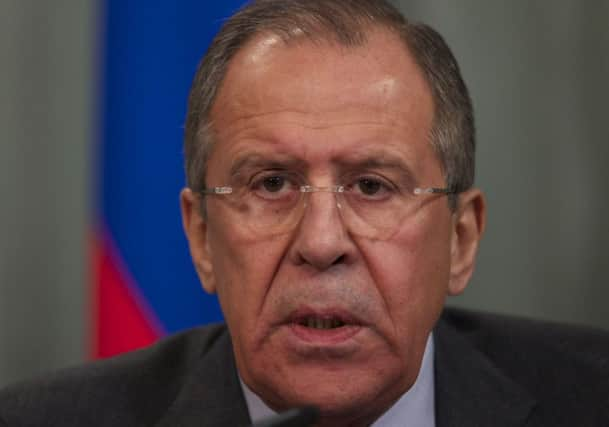Setback for Russia as agency downgrades sovereign credit rating to junk status


Warning of difficult times ahead for Russia’s economy, S&P said it had cut the rating from BBB- to BB+ and that Russia’s economic growth prospects, hit by low oil prices and Western sanctions over the Ukraine crisis, had worsened.
The rouble weakened to 68.65 against the dollar, more than 6 per cent lower than the previous close on the Moscow Exchange, and the cost of insuring Russian sovereign debt for five years rose, in a sign of investors’ concern.
Advertisement
Hide AdAdvertisement
Hide Ad“The downgrade throws into stark relief the severity of Russia’s financial and economic crisis,” said Nicholas Spiro, managing director at Spiro Sovereign Strategy in London.
“It’s going to make it more difficult for large corporates and banks to refinance themselves, at a time when ratings agencies clearly have doubts about the macroeconomic and external environment for Russia.”
The decision could not only harm Russia’s image among investors but push up its borrowing costs, as many mainstream investment and pension funds have rules preventing them from buying anything not classed as investment grade.
Other rating agencies could follow suit by downgrading Russian sovereign debt to what some consider junk territory, and there could eventually be a political impact on President Vladimir Putin if the economic crisis keeps worsening.
Advertisement
Hide AdAdvertisement
Hide AdBut Finance Minister Anton Siluanov played down the situation. “The decision taken shows the excessive pessimism of the agency. It fails to consider a series of factors which characterise the strong side of the Russian economy: the accumulation of large international reserves, including in the sovereign funds,” he said.
He said capital markets had factored in the downgrade and it should have no “serious additional effects” on them.